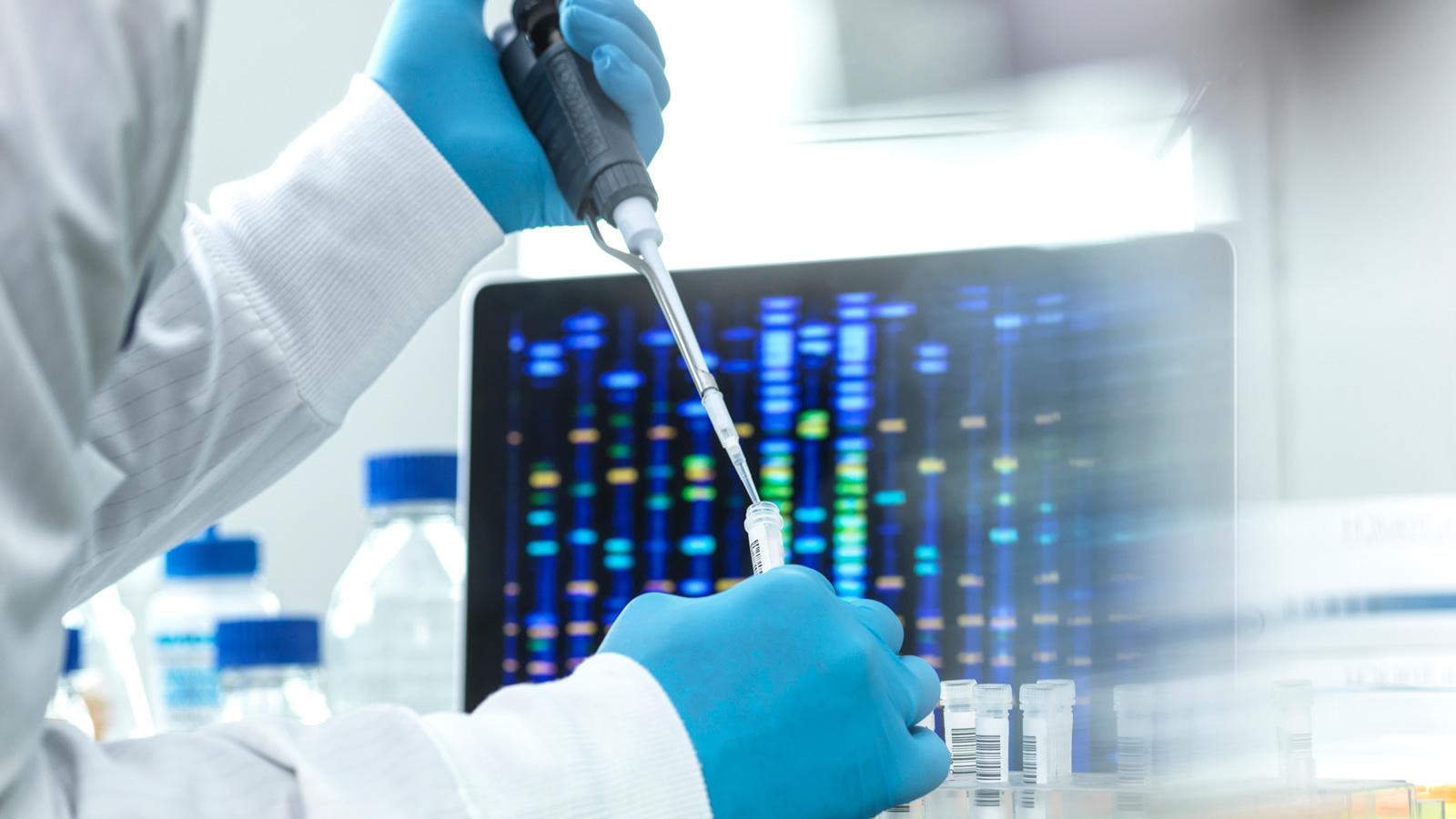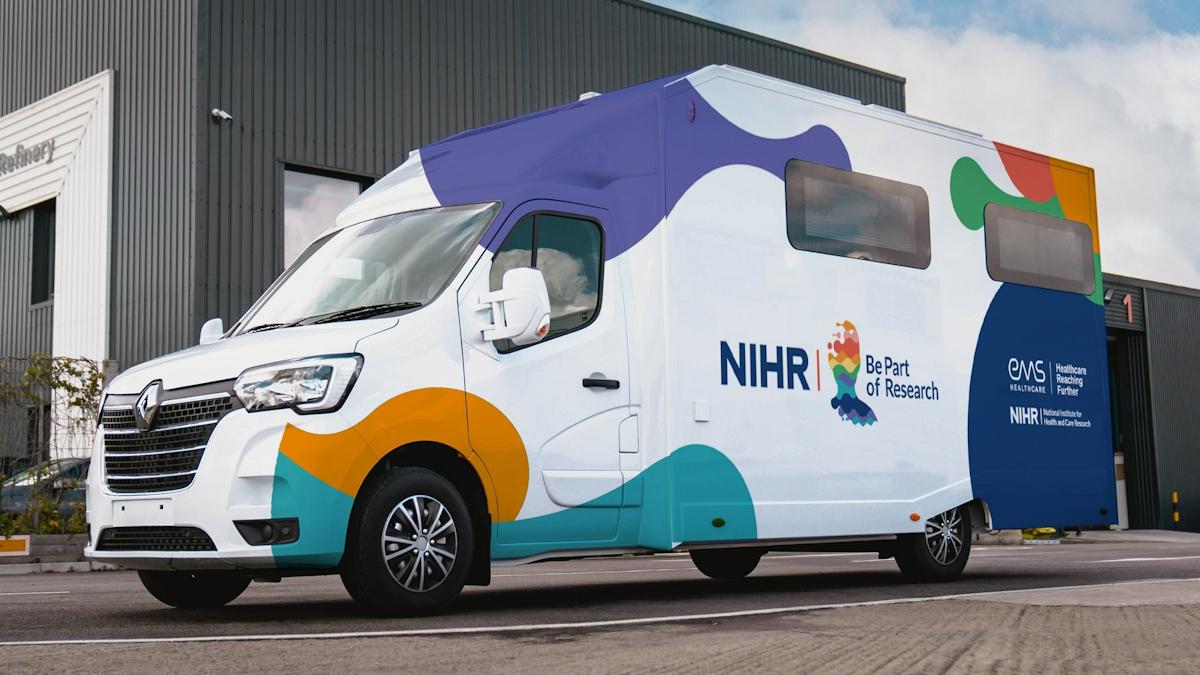Predictive genetic testing offers the greatest promise and ethical challenge of our time

If your genetic makeup put you at greater risk of disease, would you want to know?
I've dedicated my professional life to genetics research, investigating a wide range of conditions. but, this year, this issue became personal when I received my own predictive genetic diagnosis. I've been aware of a rare kidney disease dotting my family tree for as long as I can remember.
Recently, there was a breakthrough when an international team of nephrologists, who had been researching rare kidney diseases for decades, identified the genetic cause. As part of this incredible scientific achievement, I was able to learn of my genetic carrier status for this disease.
The right to know and RbG studies
With every year of genetic advances, predictive genetic testing moves closer to reality, triggering ethical conflicts, including the clash between the Hippocratic Oath to ‘do no harm’ and the self-determination and the 'right to know' for patients or research participants. Furthermore, there exists a 'right not to know', a fundamental principle in both medical care and research, which is also enshrined in EU law.
This leads to the need for careful management of predictive genetic testing, as well as 'recall by genotype' (RbG) studies, which involve recontacting past research participants based on their genetic variants. RbG studies are valuable for understanding human biology and often target genetic variants associated with increased risk, protection, or potential response to new therapies in clinical trials. However, there is significant disagreement over the ethics of RbG.
For me, knowing my carrier status held value; it aided in future planning and research participation. But decisions become complex for diseases with non-actionable genetic results. For example, I help lead a research study called ‘Light The Way’, focused on genetic testing in Amyotrophic Lateral Sclerosis (ALS), the progressive, incurable, and fatal neurodegenerative disease which recently claimed the life of healthcare activist Ady Barkan. Light The Way’s mission, in part, is to lay the foundation for the prevention of ALS by identifying people who carry ALS-causing genetic variants, but do not yet have symptoms. We will provide pre- and post-test genetic counselling so participants can speak to a professional about the implications of testing.
We plan to recruit participants with a family history of ALS for testing. However, there are scores of already-sequenced individuals in biobanks and population genomics programmes around the world who may carry ALS-causing genetic variants, but who have not, and will not, be recontacted.
There is a strong rationale for this. Existing programmes may not have the resources to provide counselling to participants, and the benefit of recontacting is uncertain. The penetrance of most genes is incomplete, meaning that carrying the gene does not guarantee developing the disease; there are other, often unknown, factors at play.
With the rise of prevention-focused clinical trials and genetically targeted medicines, the ethical challenge grows. Take a current Biogen trial, which is investigating Toferson (currently approved for symptomatic patients) in fast-progressing SOD1 gene carriers. This reflects a broader trend: with each new genetically targeted treatment of symptomatic disease, there is a new opportunity to consider a prevention trial. Yet, under the consent and recontact frameworks of the vast majority of biobanks and testing programmes, people eligible for this trial would not be recontacted.
Towards a framework for recontact by genotype
The potential benefits of predictive genetic testing and prevention, alongside the risks of mishandling recontact, demand a thoughtful framework. Considerable research and legal review have been conducted, including studies in movement disorders, familial hypercholesterolaemia, and, recently, 13 different disorders in a National Institutes of Health (NIH) pilot programme.
In a study on movement disorders (Biasiotto et al, 2023), despite low genetic risk, participants were alarmed by the wording of their invitations. Clear content and visuals can mitigate emotional distress, and sometimes less information is preferable to prevent misunderstanding. Delivering life-altering news with sensitivity is vital, granting participants control over information and support.
In the Estonian biobank, Alver et al's familial hypercholesterolaemia (FH) study analysed 4,776 participants with exome or genome sequences, identifying 27 FH-associated variant carriers. Cascade screening of 64 family members found 20 more carriers. The authors affirm that RbG and cascade screening for FH is feasible in a population-based biobank, aiding clinical management.
And in a PHG Foundation report focused on a collaboration between my company, Sano Genetics, and Genomics England to develop a participant engagement and recontact platform, the lack of existing ethical and technological frameworks is highlighted. It warns that signalling eligibility to participants raises potential challenges of disclosing risks they are unaware of and infringing a participant’s right not to know. This is especially challenging when looking for individuals with specific genetic makeups that may not have manifested as conditions yet.
Driving research with responsible genomic integration
Researchers in population genomics programmes, biobanks, and clinical research are now grappling with these challenges without standardised blueprints. Large-scale genetics studies like Our Future Health, All of Us, the NIHR BioResource, Genomics England, FinnGen, and DECODE have collectively genetically tested millions of people, and have both consent and the infrastructure to recontact participants about their genetic results. Pharmaceutical companies like Regeneron and AstraZeneca have invested heavily in large-scale genetic databases, and infrastructure for analysis to discover novel drug targets. The American Society of Human Genetics, the world’s foremost society for academic genetics researchers, recently predicted that by 2030 genome sequencing would be routinely available from birth.
As large-scale genetic studies continue to grow, and may soon be an option for every person on earth, we must establish robust frameworks for RbG and engage participants in their design. While the potential harms of irresponsible RbG are significant and cannot be ignored, the potential benefit is one of the greatest imaginable: a world without diseases like ALS that take our friends, mothers, fathers, brothers, and sisters decades too soon.













